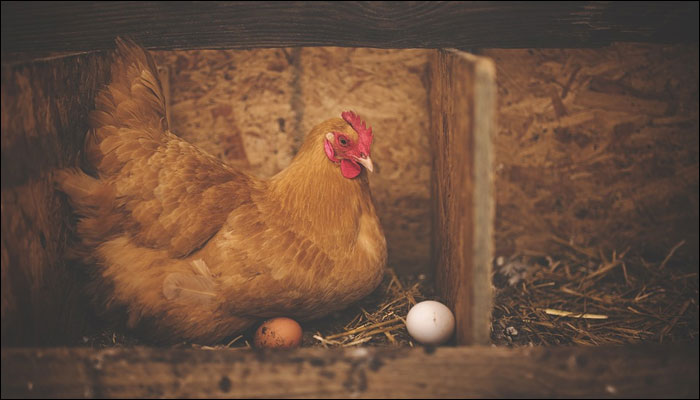In an offer to significantly diminish the cost of medicines for maladies like cancer, researchers in Japan have genetically built hens whose eggs contain drugs that can battle them.
Maybe a standout amongst the most terrifying sicknesses in the world, cancer influences not only the patient, but rather the people associated with them also.
It can be a staggering difficulty, because regardless of the possibility that recognized and treated early, cancer still has a sensible opportunity to be deadly for the patient experiencing it.
At present, different cancer medicines incorporate substantial prescription and radiation treatment/chemotherapy, surgery, foundational microorganism transplant, hormone treatment, among others.
However, if the researchers can securely deliver “interferon beta”, a kind of protein used to treat ailments including various sclerosis and hepatitis, by raising the hens, the cost of the medication – right now up to 100,000 yen ($888) for a couple of microgrammes – could fall significantly, said the English version of the Yomiuri Shimbun.
Researchers at the National Institute of Advanced Industrial Science and Technology (AIST) in the Kansai district commenced the procedure by presenting genes that deliver interferon beta into cells which are antecedents of chicken sperm, the daily paper announced.
They at that point utilized these cells to treat eggs and make hens which acquired those qualities, which means the winged animals could lay eggs containing the sickness battling operator.
The researchers now have three hens whose eggs contain the medication, with the winged animals laying eggs every day, the report said.
The researchers intend to pitch the medication to pharmaceutical organizations, splitting its value, so the organizations can utilize it first as a research material, the daily paper said.
Customers may need to hold up a while, as Japan has strict directions concerning the presentation of new or outside pharmaceutical items, with screening forms that routinely take a very long time to finish.
But the group trusts that the innovative achievement will inevitably help drive down the cost of the medication to 10 percent of its present value, the daily paper detailed.

